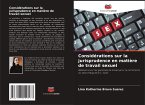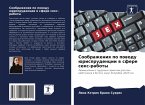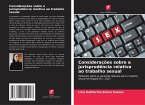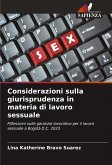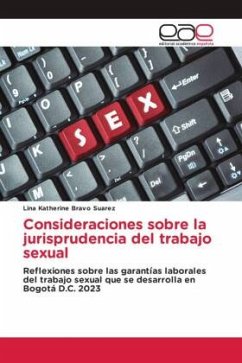Prostitution has long been considered one of the oldest and most stigmatized human and economic activities in the world, for Reyes (2019) there are two visions surrounding this activity, one of labor order based on the signals of the International Labor Organization ILO and another of criminal order in which it is perceived as an activity that transgresses human rights. This is a profession in which sexual relations or erotic content are exchanged in exchange for economic compensation, and in which multiple forms of violence, prejudice and exclusion converge. In the local context, there is currently a different legal understanding thanks to two circumstances: first, the activation of the tutela action, by sex workers who consider that they are bearers of fundamental rights and therefore have demanded the State to protect them, and second, due to the judicial responses provided by the Colombian high courts that have interpreted that voluntary prostitution or sex work should be comparable in rights to any lawful labor activity.
Bitte wählen Sie Ihr Anliegen aus.
Rechnungen
Retourenschein anfordern
Bestellstatus
Storno


